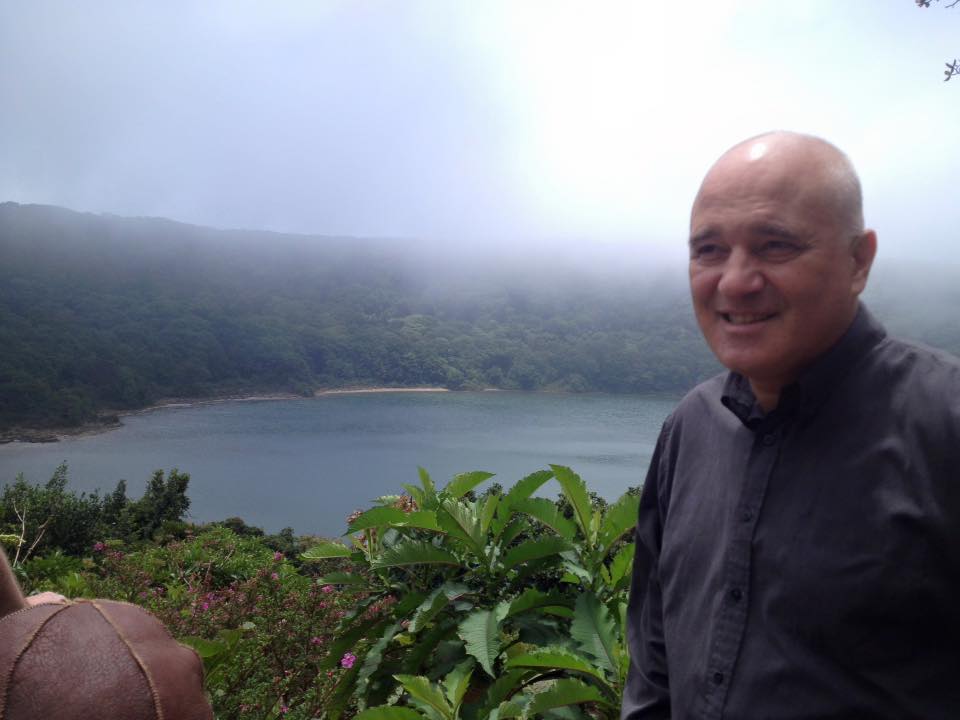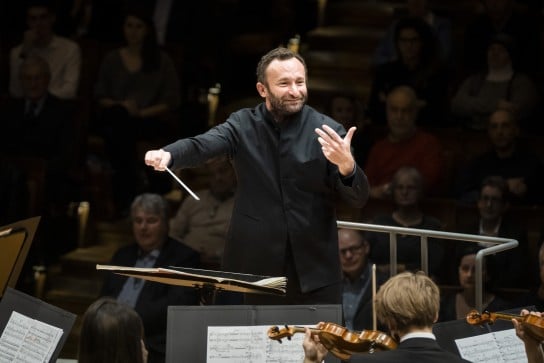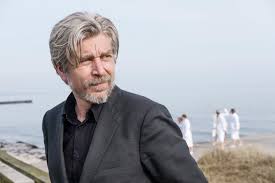Principal oboe: Why I had to leave the Chicago Symphony – twice
mainAlex Klein was a Grammy-winning oboe player when he was diagnosed with focal dystonia, a neurological condition that affects the finger muscles.
After struggling on for four years, he resigned from the Chicago Symphony Orchestra in 2004, crashed out on his parents’ couch and slowly, slowly began to rebuild his life.
In 2016, he won his Chicago seat back as principal oboe. It seemed to be a triumph of mind over malady.
A year later, he was refused tenure.
Here, for the first time on screen, Alex explains how he coped with disaster, triumph and identity crisis. ‘I was only sleeping two hours a night…. It’s like part of me really did die.’
It’s a harrowing story, with a powerful message for us all.
Watch.






Comments